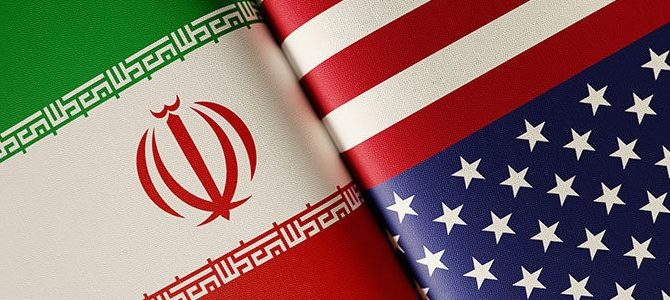
The imposition of sanctions on Iran is designed to curb its “outlaw behaviour”, the US says. Donald Trump said the Joint Comprehensive Plan of Action “cannot prevent an Iranian bomb” when he announced the US withdrawal from the treaty in May. This week his administration restored all sanctions lifted under the 2015 denuclearisation deal and added more (albeit with a six-month waiver for major oil customers). But the International Atomic Energy Agency, the UN body policing the agreement, has verified repeatedly that Tehran has complied with its terms. European co-signatories agree. Meanwhile, Mr Trump has continued to attack the “worst deal ever” – while boasting of progress with North Korea, which already has a nuclear arsenal and is unlikely to reduce it, whatever its nice words. This is not about upholding rules and commitments; it is about imposing might unilaterally.
Tellingly, the administration has shifted its rhetorical justification to a laundry list of more general foreign policy demands which it knows Tehran will not and cannot agree to, however desirable some of those measures might be. Its stated aim of a better treaty does not deserve to be taken seriously. Lord Lamont, the UK’s trade envoy to Iran, says bluntly that the sanctions are aimed at regime change, whatever the US denials. The administration sees ordinary Iranians as an instrument; but “ghost shipments” and barter with countries such as China, Russia and India will probably keep Iran going, and while Iranians will face real hardship, they are more likely to flee than rise against a repressive regime.

